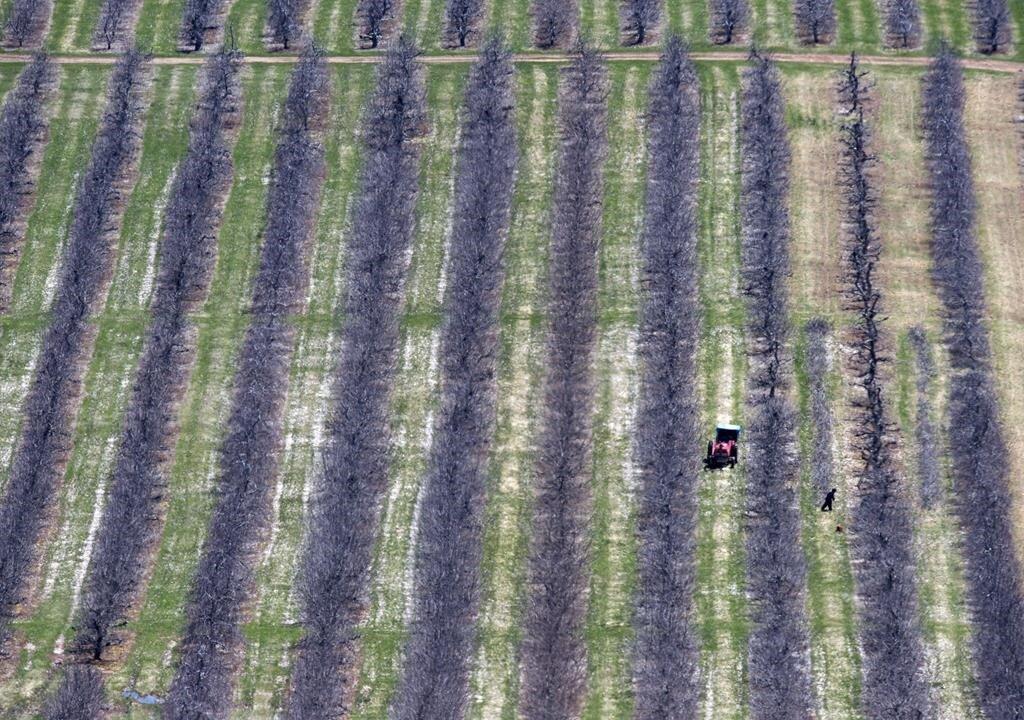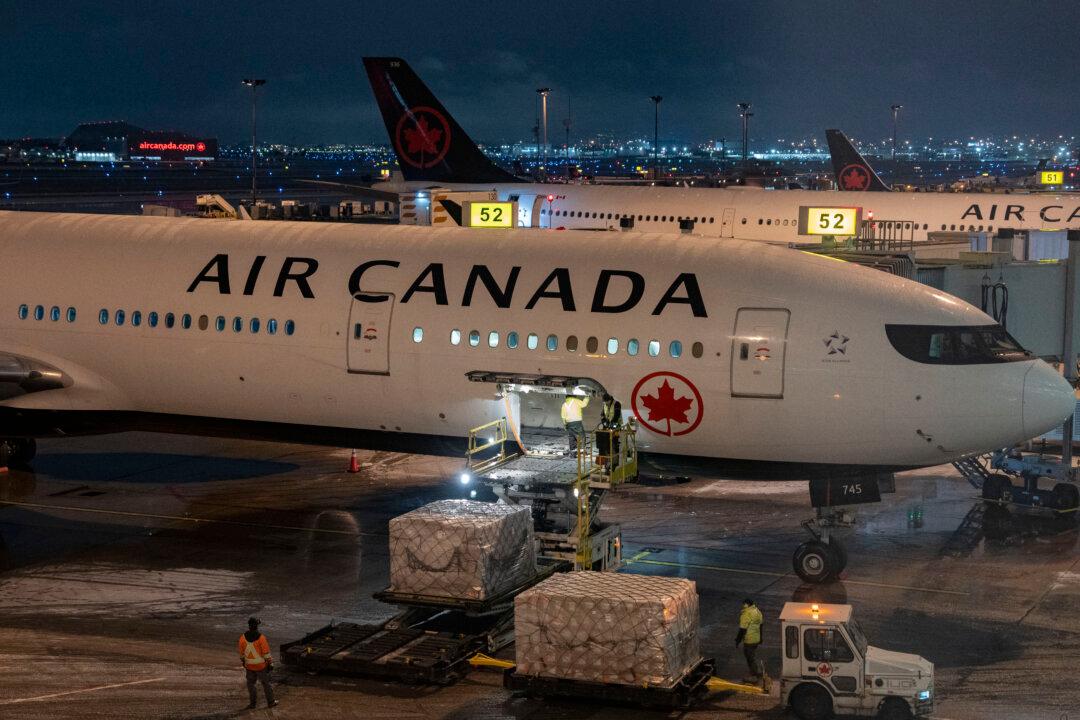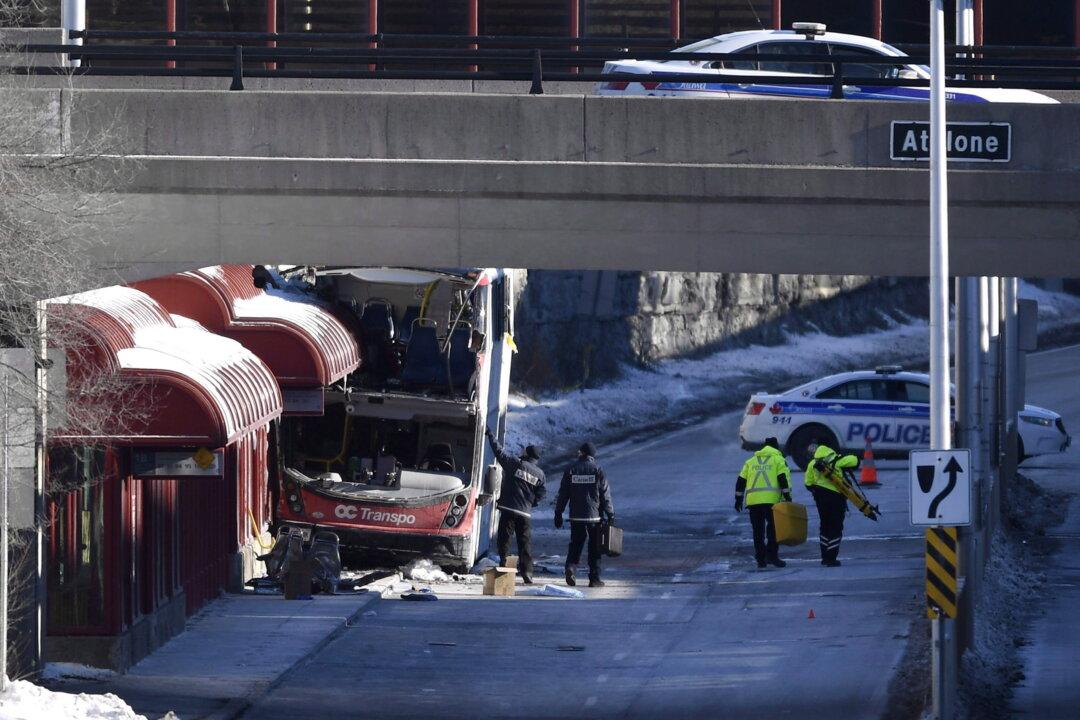From their homes in far-flung locations like Guatemala, Mexico, and Honduras, migrant workers are telling Dennis Juarez how new travel restrictions are making it hard for them to get to Canada.
Juarez, who manages Mosaic’s migrant workers program in B.C., says foreign workers are getting little information about a recent policy change requiring any international traveller to have documentation of a negative COVID-19 test taken 72 hours prior to boarding a flight. And those who do figure out the new rules must pay out of pocket for the test and all other related expenses.





